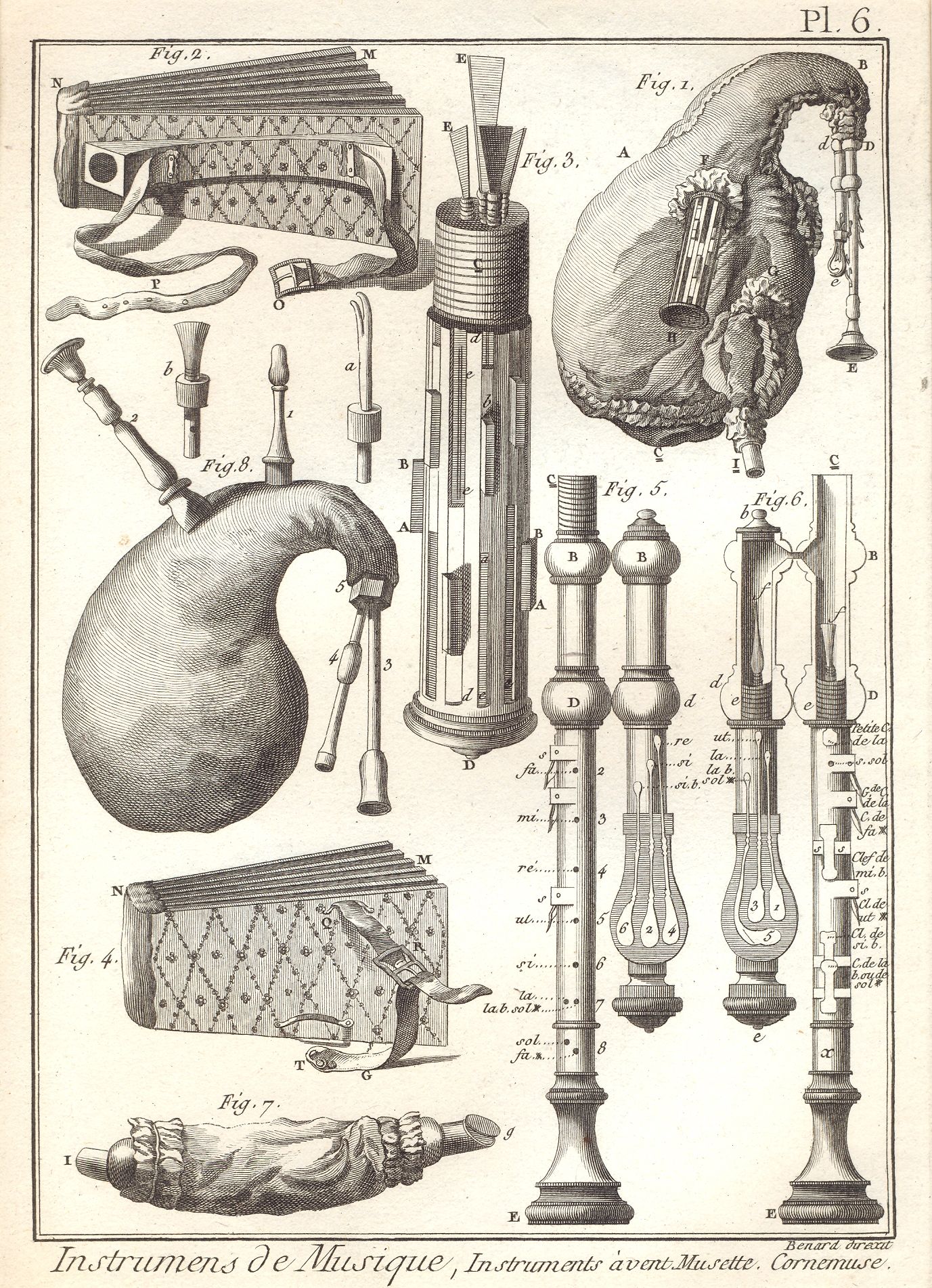Okay, the Readings are speeding up now!
If you're too busy to keep up with all of the readings, it's not a problem to read ahead, fall behind, pick out what seems most interesting, or even just follow along on the blog and refer to the Reader when a discussion here makes you want to check something there out. And of course we can continue threads that have already been begun here, because there's still more than can be explored on some of the recent posts.
Having said that, we're moving on to the next reading for next week, looking at pages 47-82. Kind of a long one, admittedly: We'll be looking at part of the Code Napoleon, which as I understand it is still the foundation of French law (with many changes of course); and at some work by Madame de Staël.
The Napoleonic Code is much, much longer than this and we weren't able to go through it as carefully as we'd have liked before our deadline to get the Reader printed in time; so though it's pretty dry, it would be a help if anybody wants to spend some more time with it and post your findings. One issue: the Napoleonic Code was, by all accounts, much more repressive toward women than the Law had been under the Monarchy; and it re-affirmed the Slave Trade after the Revolutionary government had begun to slowly phase it out. These very important developments aren't really adequately represented in this reading. Maybe we could collectively correct that shortcoming?
Similarly, I considered it essential to have Staël represented, but don't feel I've had enough room to do her justice. The passage from the Preface of On Germany conveys its subversive nature, but we could use more examples of her criticism itself. I didn't have time to dig up more of her thinking on the relationship between Culture and Politics, in which she was a pioneering Liberal thinker (and I should mention that she was the daughter of the Liberal politician and economist Necker, the last Finance Minister under the Monarchy, whose dismissal after calling the Estates-General largely touched off the Revolution). These would be great to have represented in the final, expanded edition of the reader--quickly becoming a series of anthologies--that we'll start preparing in May.
I'll be finishing my research and text-gathering for Vol. II over the weekend, so I'll probably be silent on the blog until next week but the conversations seem to be going forward just fine--next week I'll post the final Contents of Vol. II, and join in on the discussion for this reading--Huzzah!
If you're too busy to keep up with all of the readings, it's not a problem to read ahead, fall behind, pick out what seems most interesting, or even just follow along on the blog and refer to the Reader when a discussion here makes you want to check something there out. And of course we can continue threads that have already been begun here, because there's still more than can be explored on some of the recent posts.
Having said that, we're moving on to the next reading for next week, looking at pages 47-82. Kind of a long one, admittedly: We'll be looking at part of the Code Napoleon, which as I understand it is still the foundation of French law (with many changes of course); and at some work by Madame de Staël.
The Napoleonic Code is much, much longer than this and we weren't able to go through it as carefully as we'd have liked before our deadline to get the Reader printed in time; so though it's pretty dry, it would be a help if anybody wants to spend some more time with it and post your findings. One issue: the Napoleonic Code was, by all accounts, much more repressive toward women than the Law had been under the Monarchy; and it re-affirmed the Slave Trade after the Revolutionary government had begun to slowly phase it out. These very important developments aren't really adequately represented in this reading. Maybe we could collectively correct that shortcoming?
Similarly, I considered it essential to have Staël represented, but don't feel I've had enough room to do her justice. The passage from the Preface of On Germany conveys its subversive nature, but we could use more examples of her criticism itself. I didn't have time to dig up more of her thinking on the relationship between Culture and Politics, in which she was a pioneering Liberal thinker (and I should mention that she was the daughter of the Liberal politician and economist Necker, the last Finance Minister under the Monarchy, whose dismissal after calling the Estates-General largely touched off the Revolution). These would be great to have represented in the final, expanded edition of the reader--quickly becoming a series of anthologies--that we'll start preparing in May.
I'll be finishing my research and text-gathering for Vol. II over the weekend, so I'll probably be silent on the blog until next week but the conversations seem to be going forward just fine--next week I'll post the final Contents of Vol. II, and join in on the discussion for this reading--Huzzah!




